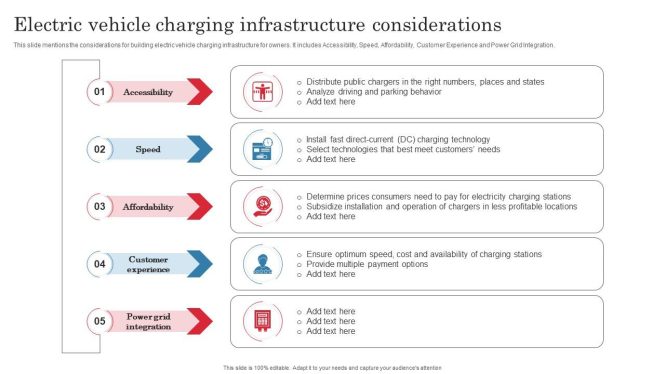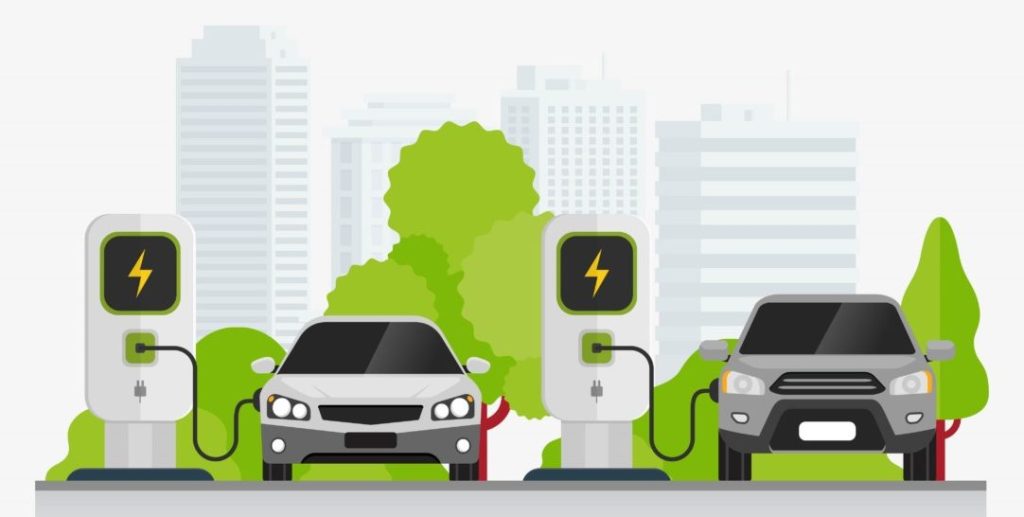

Used electric vehicle considerations are paramount for potential buyers seeking sustainable mobility. Transitioning to electric vehicles (EVs) offers environmental benefits, but selecting a used EV presents unique challenges, particularly regarding battery life and charging capabilities. This comprehensive guide delves into these crucial aspects, equipping you with the knowledge to make an informed decision. We’ll explore the intricacies of battery degradation, the challenges of charging infrastructure, and maintenance considerations. This article will be structured as follows: Firstly, we’ll discuss the common concerns surrounding used EV battery life and charging. Secondly, we will delve deeper into solutions for mitigating these challenges. Finally, we will review crucial takeaways and provide insights to guide your purchase decision.
Battery Degradation: A Key Concern in Used EVs
The longevity of a used EV’s battery is a primary concern. Battery degradation is a natural process that affects all batteries over time. This is particularly pertinent for used EVs, where the extent of this degradation is unknown to the buyer. Factors such as the battery’s age, mileage, and previous charging habits play a significant role in how much the battery’s capacity has diminished. Some early adopters of EVs may have experienced higher than expected degradation rates due to inadequate long-term charging infrastructures and early models’ limitations. This is crucial to note, as a battery that rapidly loses capacity can significantly impact a car’s range, increasing charging frequency and ultimately reducing its overall practicality. The used EV market should factor in potential variations and proactively address these concerns.
Assessing Battery Health: Crucial Steps
Assessing the health of a used EV battery is a critical step in your purchasing process. This involves meticulous research to determine the battery’s age and use history. A qualified technician can often use specialized diagnostics tools to evaluate battery capacity. Documentation and verified reports from the previous owner, or dealer maintenance records, are invaluable. This information can provide vital insights into the battery’s current condition. Moreover, battery health reports from reliable third-party providers can add confidence. By combining these methods, buyers can make an informed decision. Some battery management systems (BMS) offer real-time data on battery performance and health, allowing for more informed decisions. Knowing your budget is key as replacement batteries can be costly and significantly impact a vehicle’s overall value.
Related Post : Used Car Buying Blunders: Avoiding Common Mistakes and Hidden Problems.
Charging Challenges: Range Anxiety and Infrastructure
Range anxiety continues to be a common concern for EV owners, even more so for used electric vehicles. The lack of consistent charging infrastructure remains a major hurdle, particularly for long-distance travel. Potential buyers need to analyze the available charging options in their area, and the time needed to charge the vehicle. The accessibility and reliability of charging stations are crucial, as are the charging speeds of different stations. Factors such as the availability of fast charging stations on major routes need to be accounted for. Studies have shown that range anxiety is a major deterrent for wider EV adoption.
Addressing Range Anxiety
To alleviate range anxiety, buyers should thoroughly investigate the charging infrastructure in their target areas. Researching the presence of fast-charging stations along common routes is a key element. Also, factoring in average charging times is crucial. Furthermore, checking local charging standards can help you decide if the car meets your requirements. Planning charging stops in advance, especially for long trips, is essential. Developing a charging strategy based on routes and anticipated range can help minimize concerns.
Maintenance and Warranty Considerations
Proper maintenance is essential for maintaining the lifespan of any car. An inspection by a qualified technician to diagnose potential issues is extremely valuable. A comprehensive understanding of the used EV’s service history, including previous repairs and maintenance, is essential. This includes documentation of any prior repairs or replacements, along with the vehicle’s past maintenance schedules. It’s crucial to establish the validity of the warranty and any potential remaining coverage. Understanding the potential need for battery replacements and the cost of these repairs is crucial. A warranty can provide peace of mind and limit financial risks.
In conclusion, used electric vehicle considerations, especially battery life and charging, are crucial factors for potential buyers. Understanding these challenges, researching thoroughly, and comparing options empowers informed decisions. Prioritizing reputable dealers, warranties, and comprehensive maintenance plans can significantly mitigate risks associated with used EVs. By carefully evaluating these aspects, consumers can confidently transition to sustainable electric mobility. For further clarity, feel free to explore the FAQ section below or contact a trusted EV specialist.